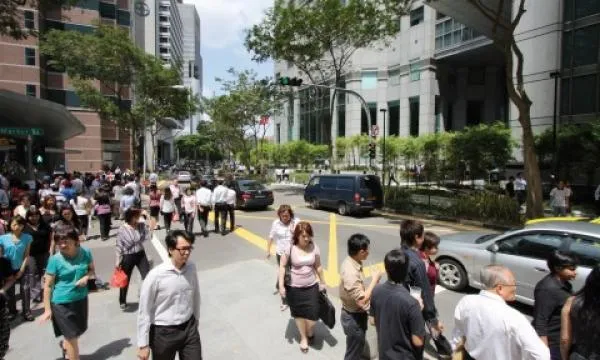
3 reasons why concerns over Singapore's office market are misplaced
The work-from-home setup is not likely to significantly reduce demand.
When COVID hit the world, the accompanying lockdowns brought the term Work(ing) From Home (WFH) from the margin to the mainstream. This sounded alarm bells around the world, from savvy investors like Warren Buffet to analysts and other market watchers, thinking that the age of the CBD office market is over.
Those who believe that WFH will significantly reduce demand for office space have valid reasons but Savills notes that their concerns about demand have not been articulated considering the following:
1. The discrete nature of office leasing terms
2. Time domain
3. New demand
By not accounting for these factors, any analysis of the market is likely to fall short of the mark. Savills analyzes the Singapore CBD Grade A Office market to look at how it may permutate over time after we adjoin these three extensions to the mainstream WFH belief that there will be a sharp climbdown in demand.
From a list of permutations, Savills inputs their prior probabilities as to which of these are likely to play out in future. This approach is in sharp contrast to providing a singular outcome after just one round of reasoning.
Here’s more from Savills:
DISCRETE NATURE OF LEASING TERMS
This is closely related to the time domain factor. This is because thus far, market observers are mentally forming beliefs which assume that WFH can be instantly mapped to reality. Unfortunately, as a typical office lease contract spans between three and (increasingly) five years, demand may remain relatively constant in the short to medium term.
To get to the percentage of leases expiring this year and over the next two years, we looked at the leases expiring in terms of Net Lettable Area (NLA) from the five listed Singapore Commercial REITs CBD portfolios. Graph 1 shows the average leases expiring for the REITs (please note that this is a simple average and not weighted by NLA). For 2020, this is just 9.4% but rises to 24.7% by 2021 before falling to 15.6% in 2022.
If we assume that the sample from the five commercial S-REITs listed here fairly represents the universe of CDB Grade A office space here, and if tenants upon lease renewal or expiry decide to reduce their CBD Grade A office footprint by 30%, this action alone will lead to the following increase in vacancy levels over the end-2019 occupancy of 4.4%.
The cumulative increase in CBD Grade A vacancies for these three years is 14.9%. (These are just numbers calculated from existing tenants reducing their office space usage. We have not factored in new demand and office buildings taken off the market for redevelopment or retrofitting works.)
Owing to the discrete nature of lease renewals, the increase in vacancy levels from 2020 to 2022 will be a series of small stepped down functions. That is, instead of the sudden drop in vacancies, the decline is more gradual (See Graph 3). In other words, because of the discrete length of lease terms, what tenants may wish for in terms of rightsizing their office footprint, cannot be carried out immediately.
TIME DOMAIN
If the sampled profile of lease renewals and the expected vacancy uplifts translate to our basket of CBD Grade A office buildings, then the much-dreaded contraction in demand would not happen overnight, but in phases. With this stretching of time, other factors come into play which may (or may not) be positive for the market and could (or not) mitigate, supplant or more than overcome the decline in the spatial needs of existing market tenants. There are a couple of points that we have to consider when we add time to the analysis.
1. By 2021, most sectors of the economy will have rebounded significantly on a quarter-on-quarter (QoQ) basis.
2. Landlords may take this opportunity when demand is weak to redevelop their buildings.
3. Physical completion of offices originally slated for 2021 and 2022 has been delayed for nine months due to the construction stop work orders. The final move-in date is prolonged as tenants are faced with further delays at the fit-out stage.
All these factors work towards dissipating the negative forces acting on office demand.
NEW DEMAND
The WFH movement and reduced real business activity are likely to lead to a contraction of pre-COVID core office demand. However, the effects of the pandemic have not been uniform across all sectors. In Q2/2020, all sectors of the economy registered negative YoY growth, with the exception of the finance and insurance industry.
International trading of equities, derivatives and other financial instruments have been rising during this period. Those departments within financial companies involved in such activities should at least sustain their current levels of office space usage. But moving forward, there could be growing demand from technology and social media related sectors.
CONCLUSION
The landscape of Singapore’s CBD office market is likely to change a fair bit in a world with COVID. However, don’t expect an overnight contraction in office demand because office lease expiries are phased out over time. When we factor in the possibility of landlords using the softer market conditions to redevelop their buildings, the delay in new supply caused by the construction stop work orders and the emergence of new demand drivers, the overall impact on the Singapore Grade A CBD offi ce market may not be as negative as some would have you believe.


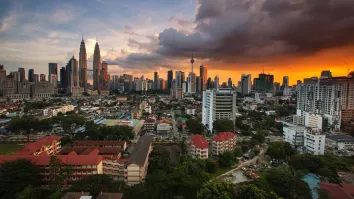



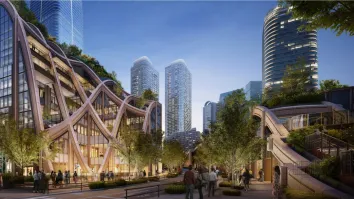
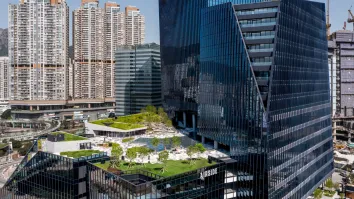

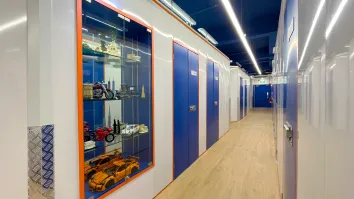




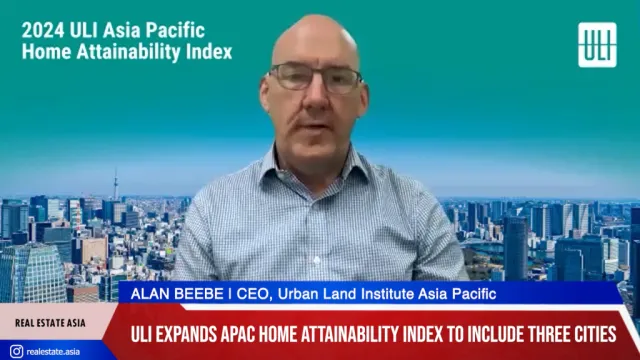

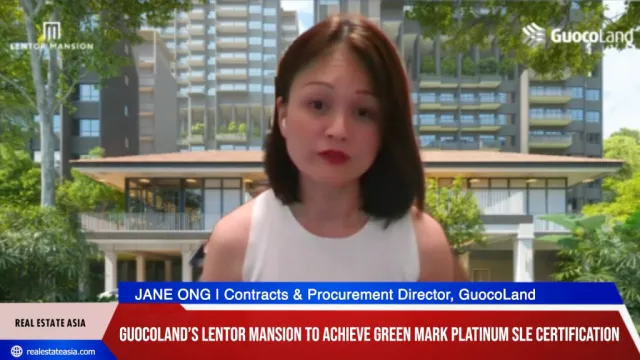
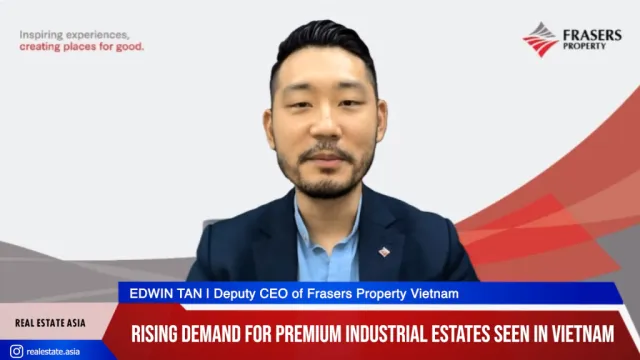
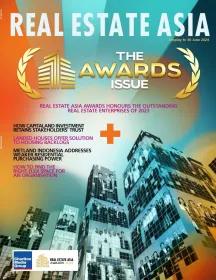
 Advertise
Advertise






